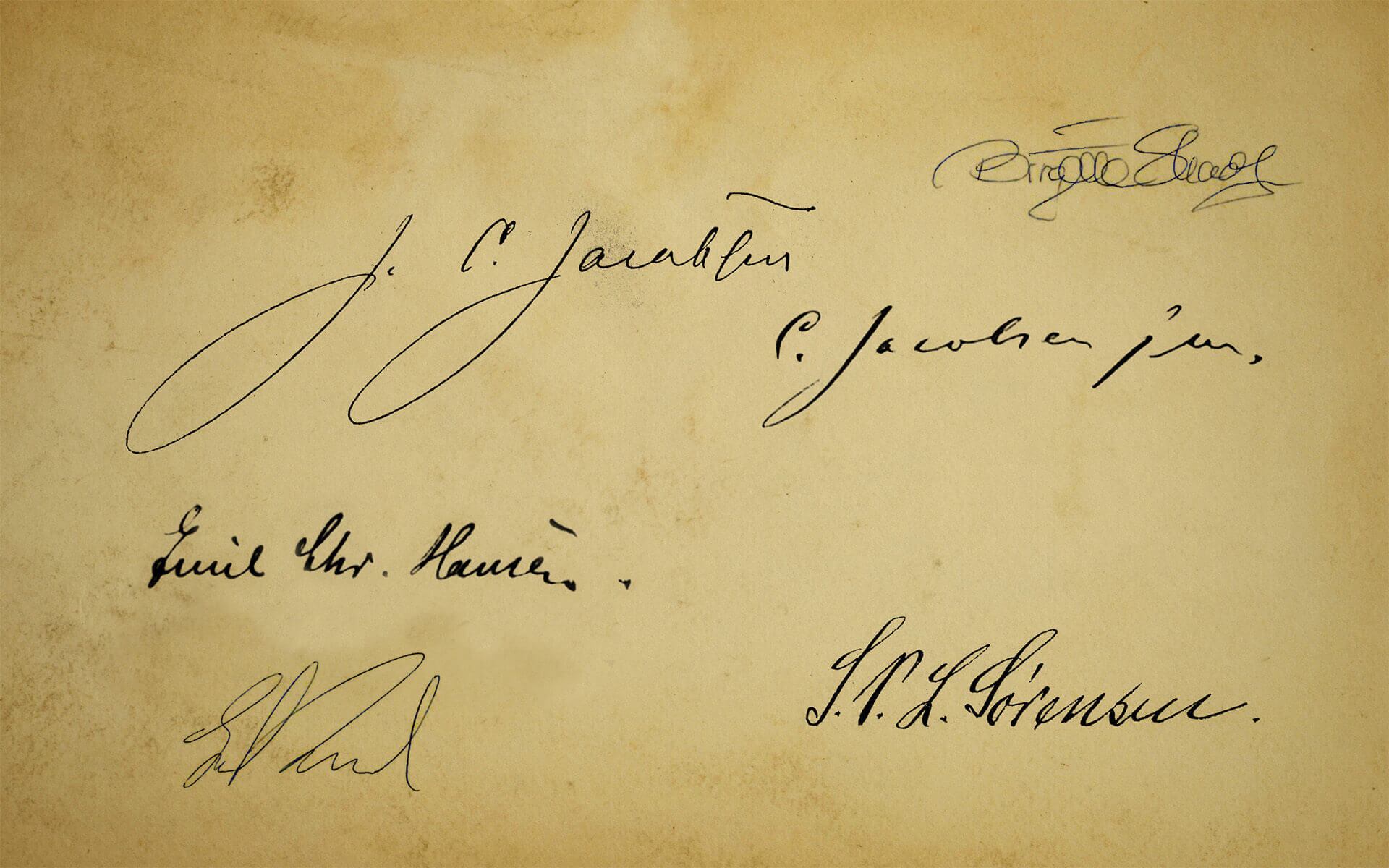 J. C. Jacobsen
J. C. Jacobsen
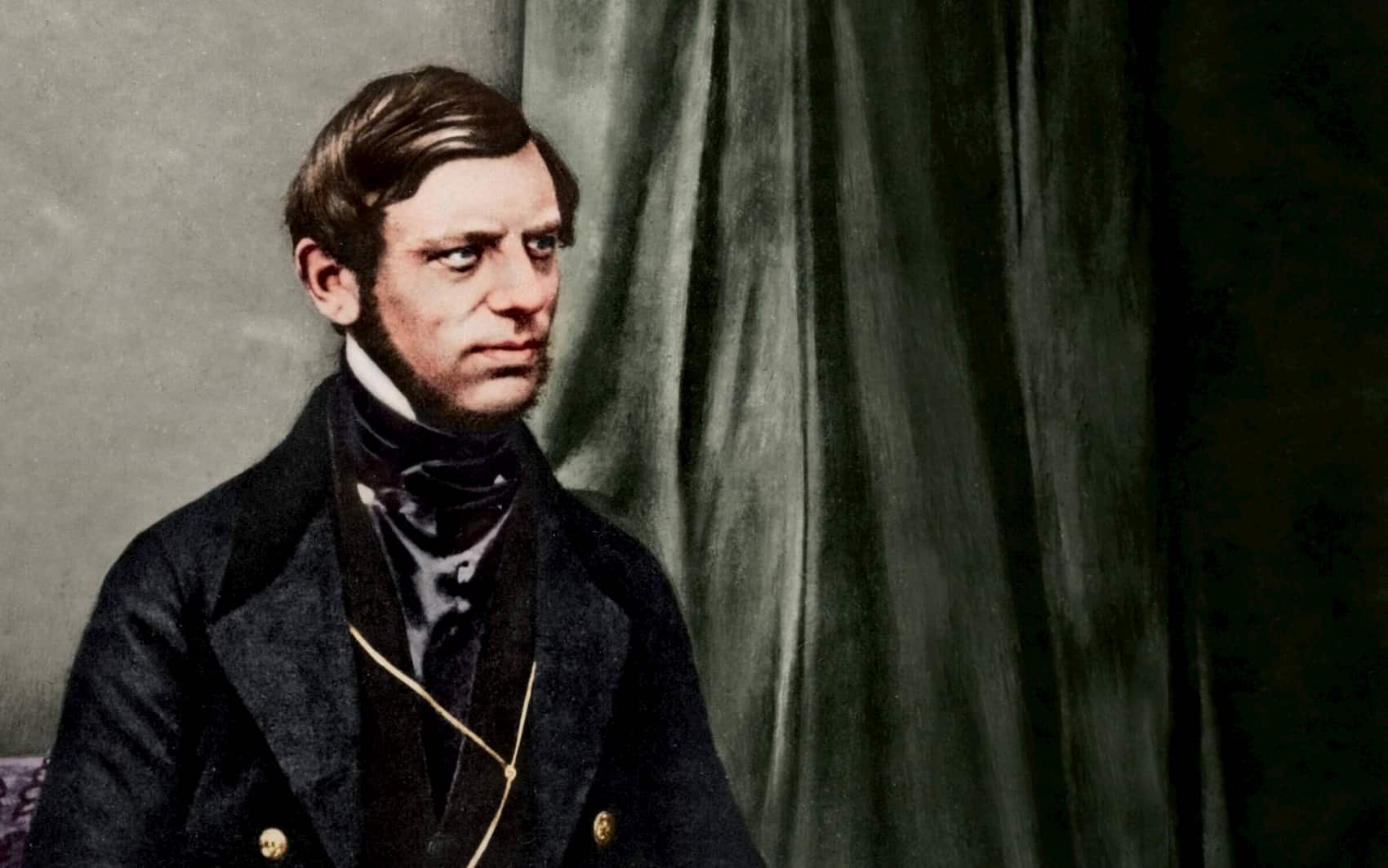
J. C. Jacobsen
Renaissance man. Founder. Visionary.
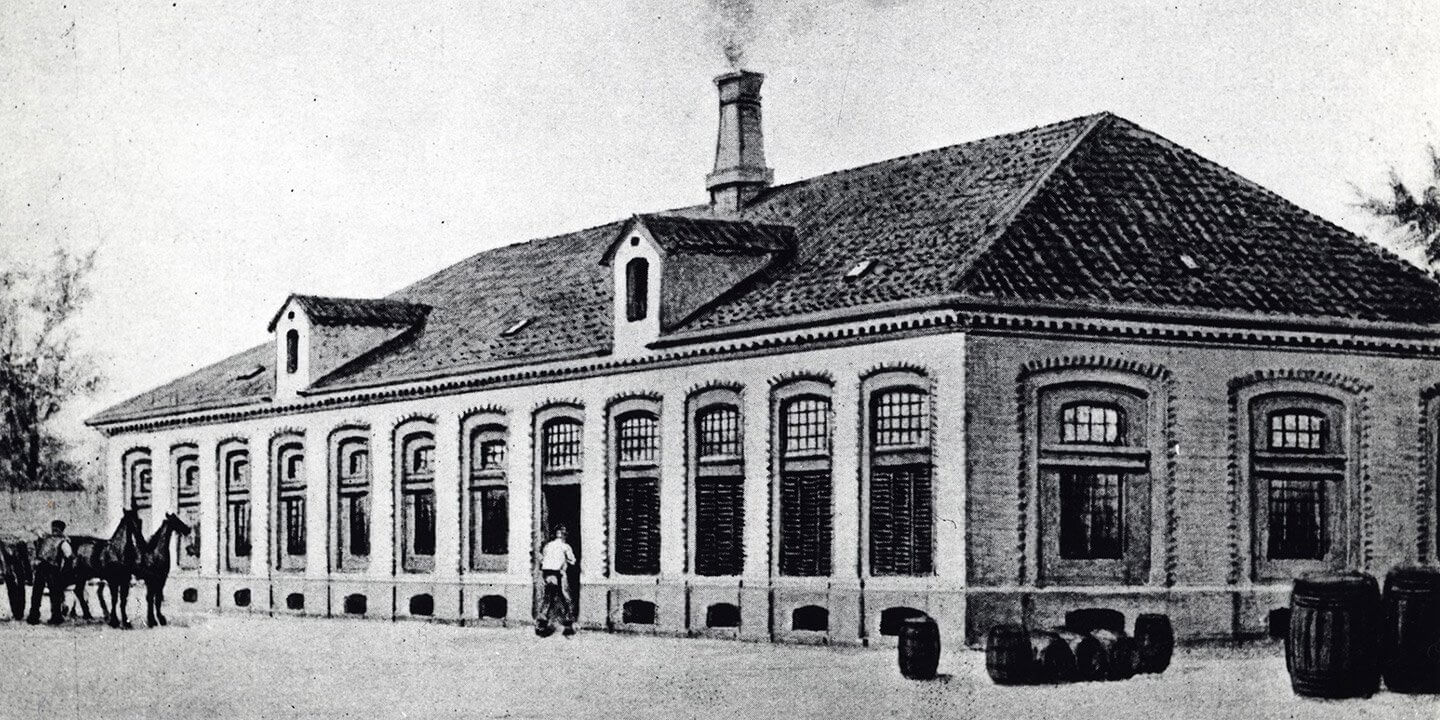
A well-rounded character.
A true renaissance man, with an unquenchable thirst for progress – and beer? Probably. J. C. Jacobsen was born in 1811, and started brewing his first lager in his cellar, like many homebrewers today. In 1847, at the age of 36 he founded his first commercial brewery in Copenhagen. A believer in science, he shared his knowledge with fellow brewers. He loved and supported music and art, and was heavily involved in politics and society.
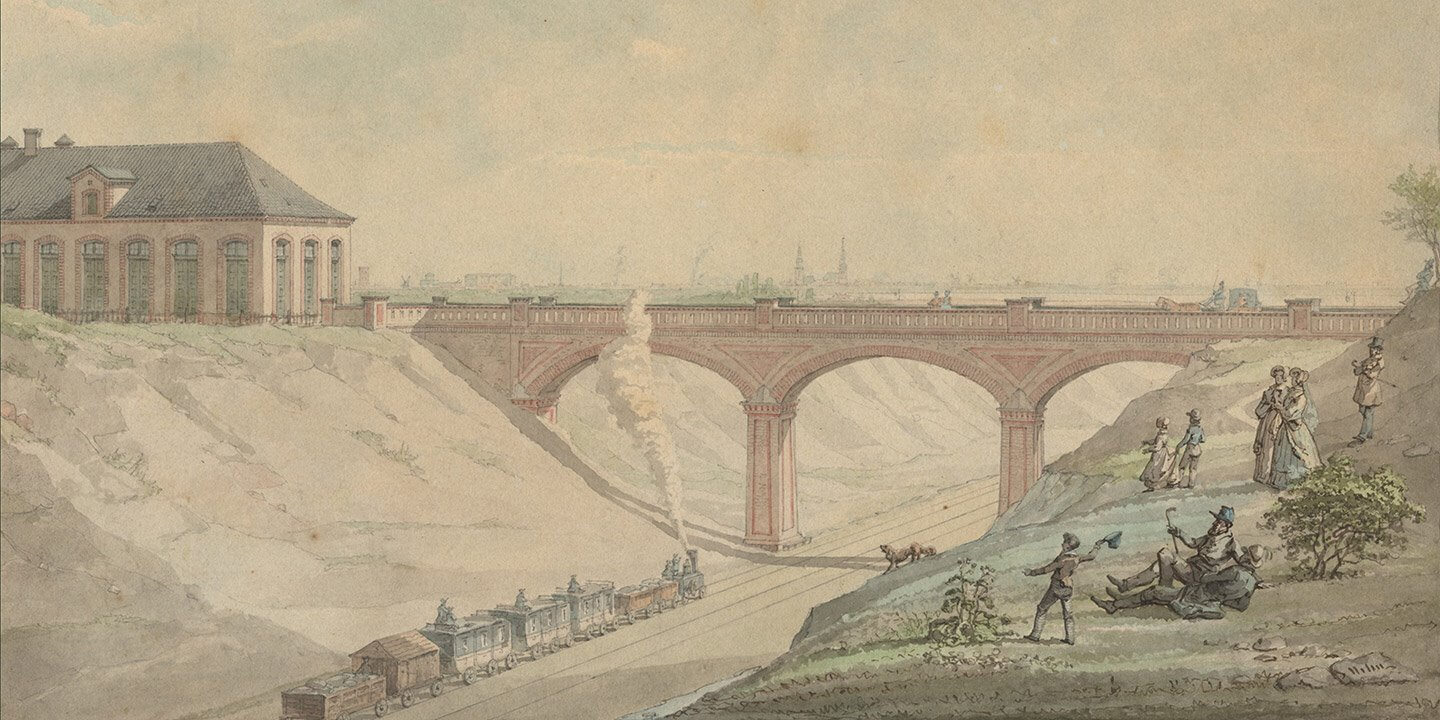
So, who’s Carlsberg?
It’s a question many people ask. J. C. Jacobsen actually named his brewery after his son, Carl, and the hill - or ‘bjerg’- on which the brewery stood. We still climb it today on our bikes.
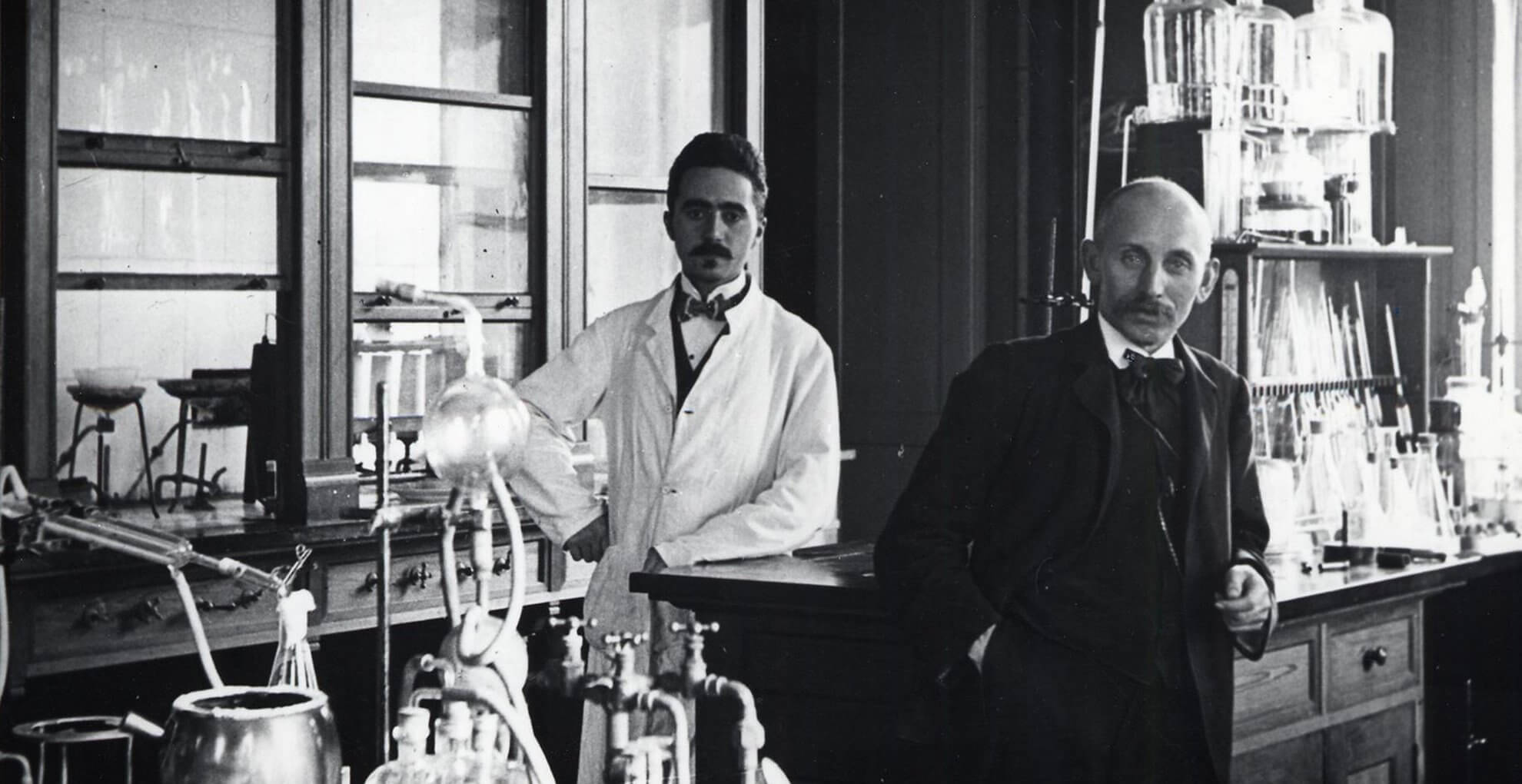
Beer is for sharing.
In 1875, J. C. Jacobsen did something unprecedented. He started the first industrial research laboratory. This put him and the Carlsberg brewery on the map for research science and innovation. Even more revolutionary, anything discovered at the lab was freely shared - even the yeast, which was distributed to anyone who wanted it from the yeast tower at Carlsberg up until 1988. He even shared it with other brewers. As J. C. Jacobsen used to say, there’s nothing to fear from your competitors, when you brew probably the best beer in the world.
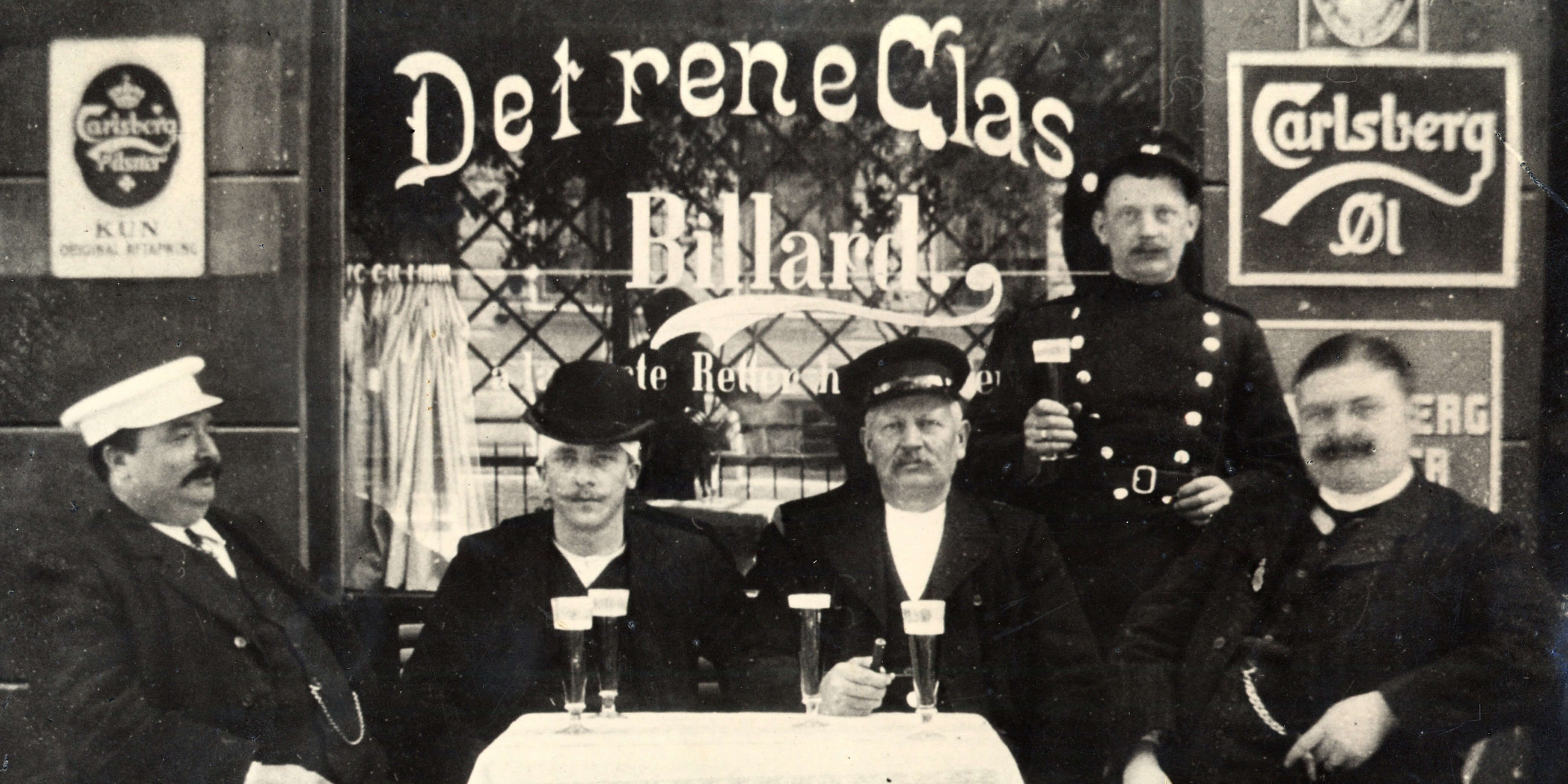
The spirit of generosity.
J. C. Jacobsen’s mantra was to make great beer regardless of immediate profit. Others brewers often complained he was keeping his prices so low that he was destroying the market. J. C. would reply that it was his job to brew as well and as cheaply as possible - adding that he would keep doing this even if he didn’t make any money at all.
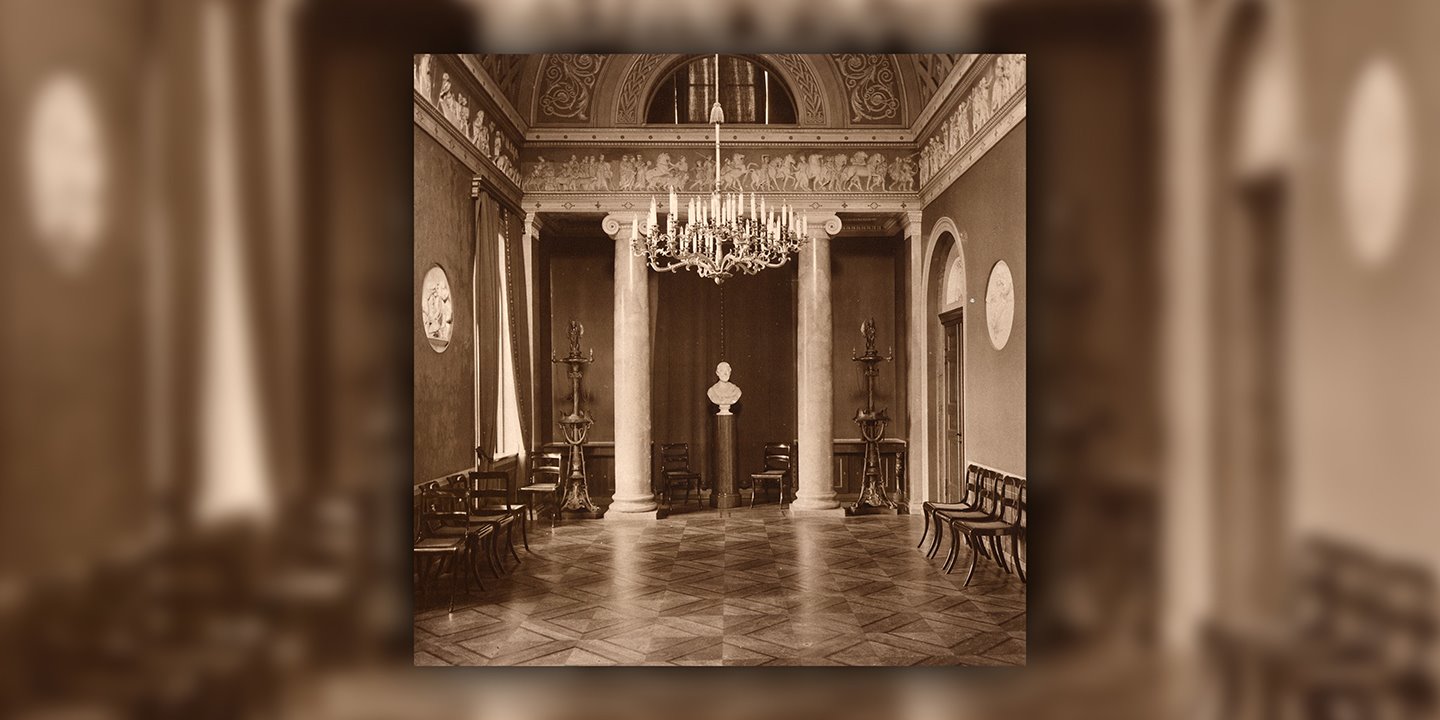
A toast to progress.
From time to time, J. C. Jacobsen would have a dinner party, where he invited the brightest minds of his time. Scientists, artists, writers – including H.C. Andersen, actors and musicians would sit around the Jacobsens’ table to share a nine-course dinner and a lot of ideas. It was probably during one of these dinners, in 1876, that the brewer got the idea to establish the Carlsberg Foundation, which exists today, paying out its dividends every year to promote art, science and culture.
